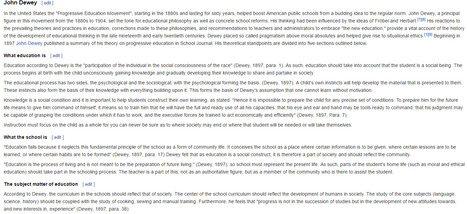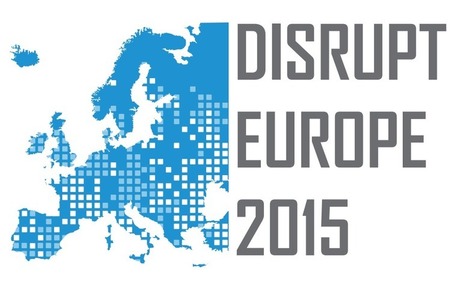
Lateral thinking - Wikipedia
Lateral thinking is solving problems through an indirect and creative approach, using reasoning that is not immediately obvious and involving ideas that may not be obtainable by using only traditional step-by-step logic. The term was promulgated in 1967 by Edward de Bono.
Lateral thinking is solving problems through an indirect and creative approach, using reasoning that is not immediately obvious and involving ideas that may not be obtainable by using only traditional step-by-step logic.
The term was promulgated in 1967 by Edward de Bono. He cites as an example the Judgment of Solomon, where King Solomon resolves a dispute over the parentage of a child by calling for the child to be cut in half, and making his judgment according to the reactions that this order receives.[2] Edward de Bono also links lateral thinking with humour, arguing there's a switchover from a familiar pattern to a new, unexpected one. It is in this moment of surprise that generates laughter and new insight which demonstrates an ability to see a different thought pattern that initially was not obvious.[3]
According to de Bono, lateral thinking deliberately distances itself from the standard perception of creativity as "vertical" logic (the classic method for problem solving).
To understand lateral thinking, it is necessary to compare lateral thinking and critical thinking. Critical thinking is primarily concerned with judging the true value of statements and seeking errors. Lateral thinking is more concerned with the "movement value" of statements and ideas.
A person uses lateral thinking to move from one known idea to creating new ideas. Edward de Bono defines four types of thinking tools:
idea-generating tools intended to break current thinking patterns—routine patterns, the status quo
focus tools intended to broaden where to search for new ideas
harvest tools intended to ensure more value is received from idea generating output
treatment tools that promote consideration of real-world constraints, resources, and support
Learn more / En savoir plus / Mehr erfahren:
https://www.scoop.it/t/21st-century-learning-and-teaching/?&tag=Entrepreneurs



 Your new post is loading...
Your new post is loading...















Lateral thinking is solving problems through an indirect and creative approach, using reasoning that is not immediately obvious and involving ideas that may not be obtainable by using only traditional step-by-step logic.
The term was promulgated in 1967 by Edward de Bono. He cites as an example the Judgment of Solomon, where King Solomon resolves a dispute over the parentage of a child by calling for the child to be cut in half, and making his judgment according to the reactions that this order receives.[2] Edward de Bono also links lateral thinking with humour, arguing there's a switchover from a familiar pattern to a new, unexpected one. It is in this moment of surprise that generates laughter and new insight which demonstrates an ability to see a different thought pattern that initially was not obvious.[3]
According to de Bono, lateral thinking deliberately distances itself from the standard perception of creativity as "vertical" logic (the classic method for problem solving).
To understand lateral thinking, it is necessary to compare lateral thinking and critical thinking. Critical thinking is primarily concerned with judging the true value of statements and seeking errors. Lateral thinking is more concerned with the "movement value" of statements and ideas.
A person uses lateral thinking to move from one known idea to creating new ideas. Edward de Bono defines four types of thinking tools:
idea-generating tools intended to break current thinking patterns—routine patterns, the status quo
focus tools intended to broaden where to search for new ideas
harvest tools intended to ensure more value is received from idea generating output
treatment tools that promote consideration of real-world constraints, resources, and support
Learn more / En savoir plus / Mehr erfahren:
https://www.scoop.it/t/21st-century-learning-and-teaching/?&tag=Entrepreneurs